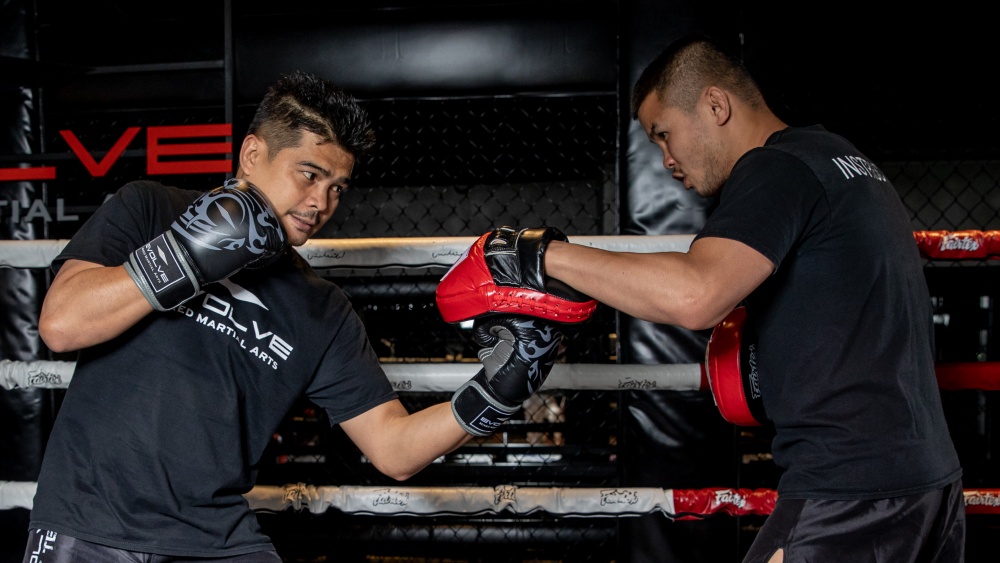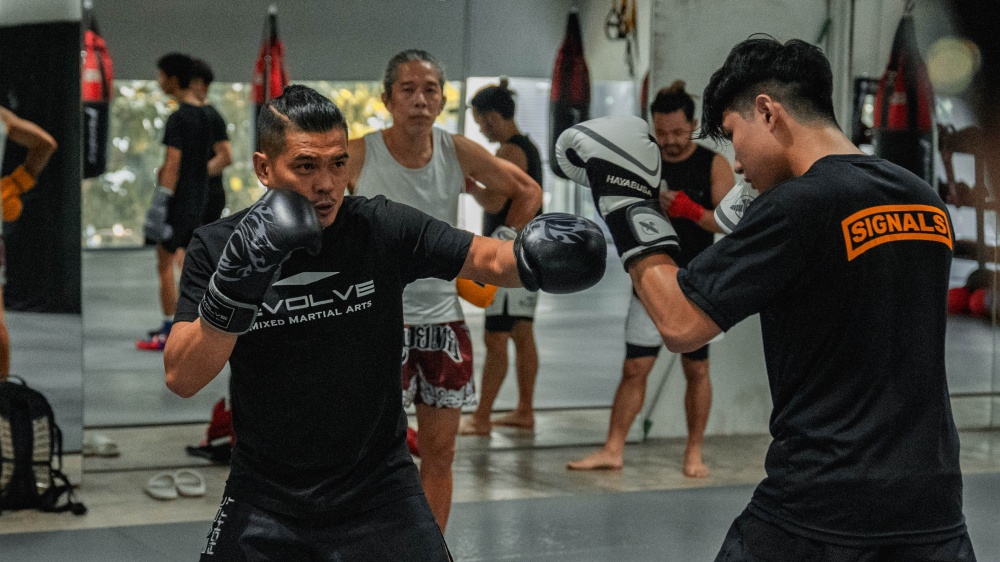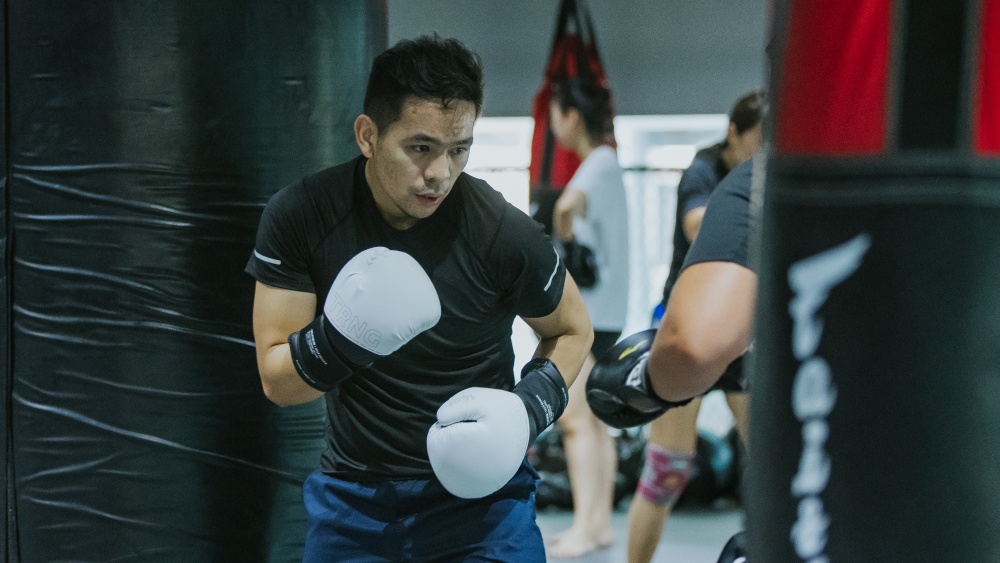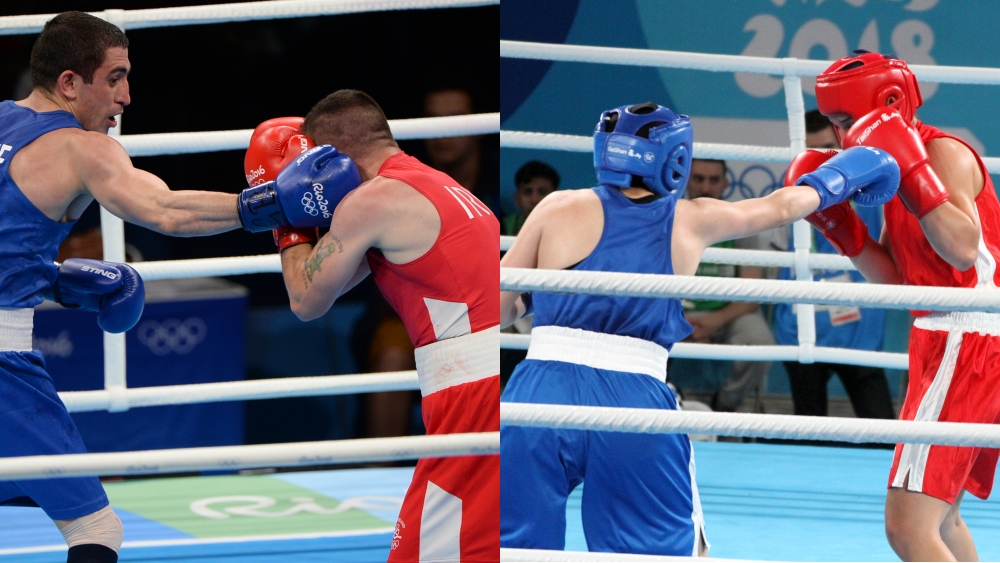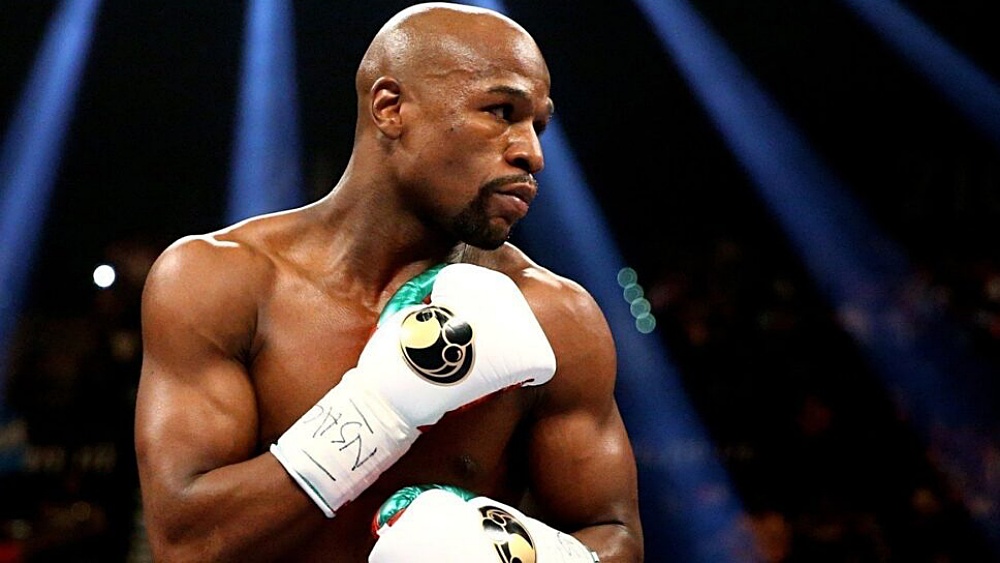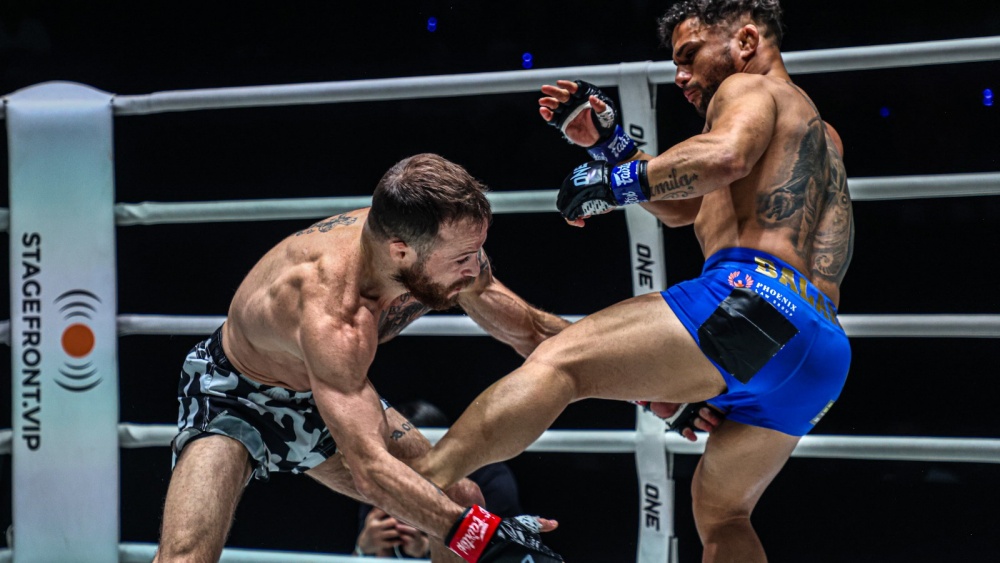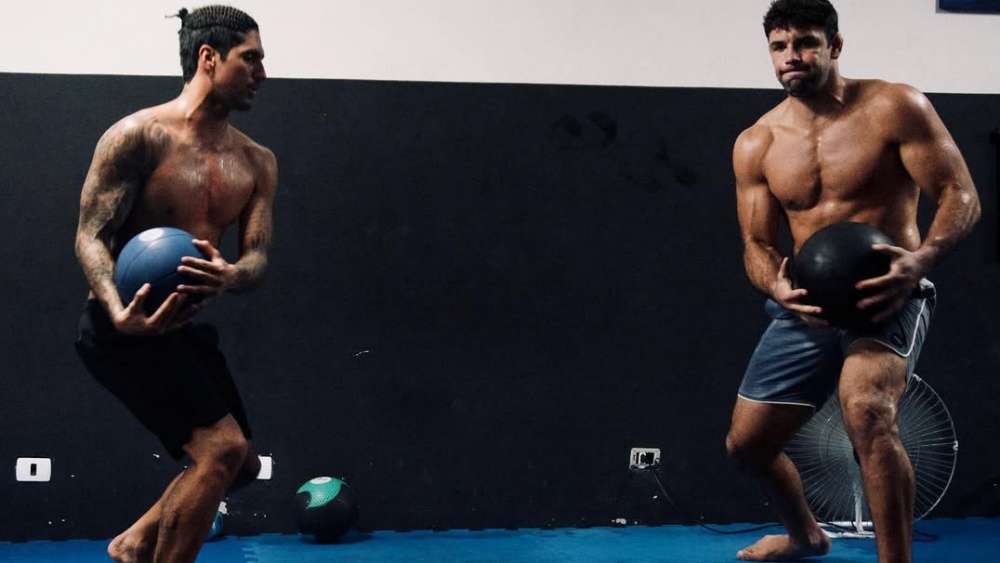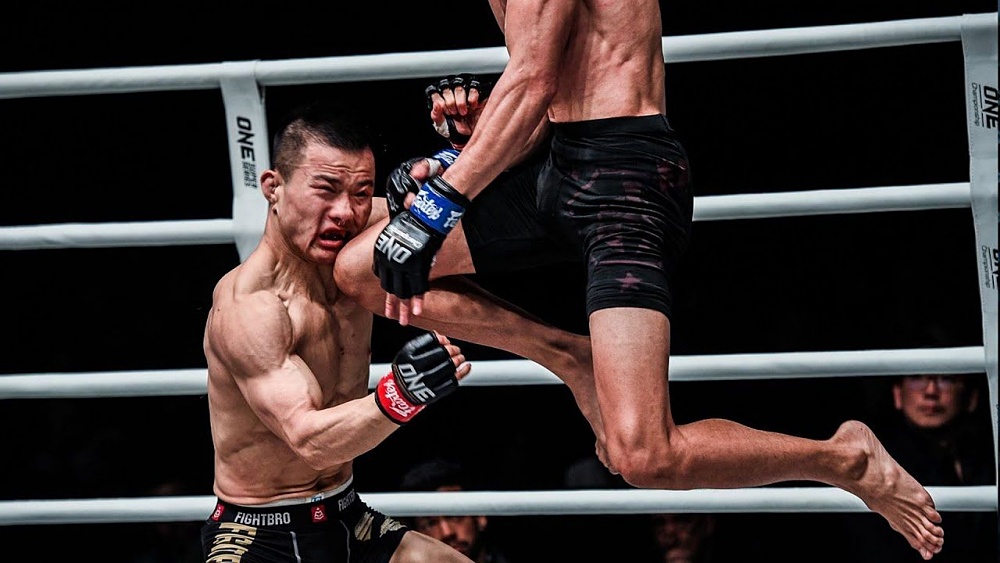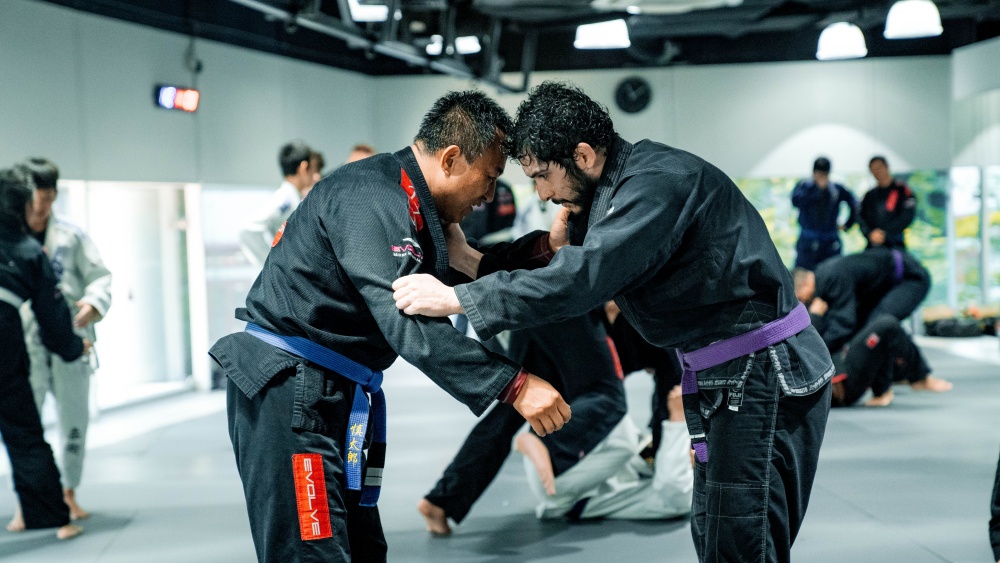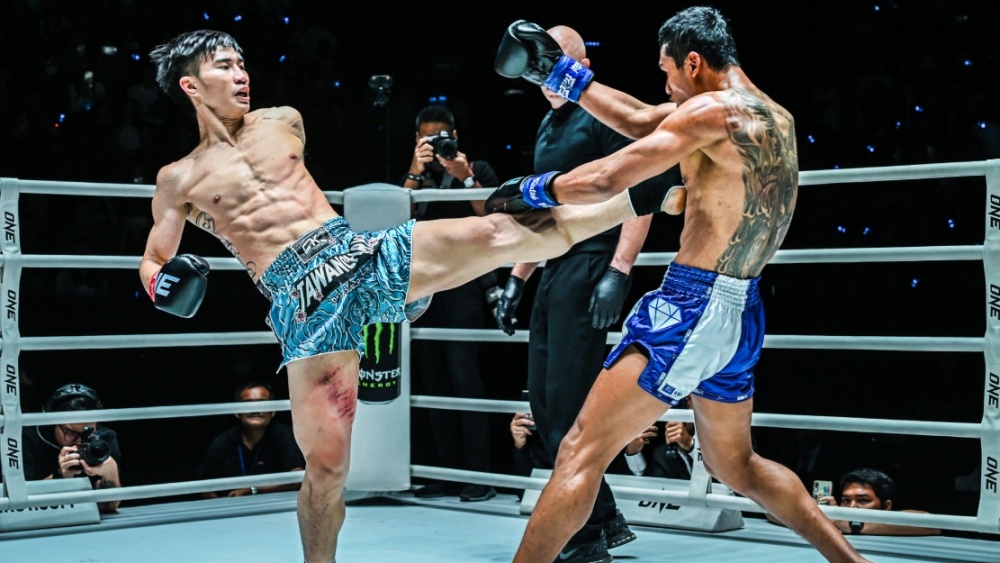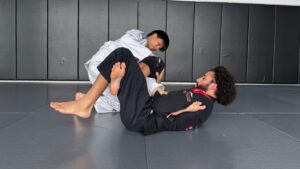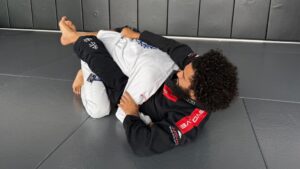Like in any sport, winning and losing is all part of the boxing game. However, there is a natural tendency to avoid losing at all costs. No one likes to lose, it’s a challenging experience. Which is why an extra amount of care goes into protecting a boxer’s record, particularly early in the career.
As a result, boxers are often brought up rather carefully. The opposition is meticulously selected, weighing the balance between risk and reward. For fighters to grow and develop at a faster pace, this culture needs to change. There is no ‘guaranteed’ match. Each match has its own set of risks and rewards, be it a title match or debut match, champions fall and rise again and again.
In reality, losing plays a major role in competitive sports. It’s a part of boxing and a part of life. But failure and defeat should be embraced as opportunities to grow and develop. It should never be feared. There is much to learn in defeat, and you never truly lose when you pick up the most important lessons.
Being undefeated in boxing is overrated. In fact, some of the greatest boxers in the sport’s history — Muhammad Ali, Mike Tyson, Manny Pacquiao — all bounced back from defeats and came back with better versions of themselves. Setbacks are natural in this sport, whether it counts on your record or not.
Today, Evolve Daily shares 4 ways to grow from our boxing losses.
1) Watch The Tape
Reviewing your mistakes is one of the most productive things you can do after experiencing a loss as it helps you learn from your mistakes. Naturally, we learn by observation. If it’s available, watch the tape of your fights. Figure out and determine exactly what went wrong, and go through the sequences together with your coaches to make sure you don’t make the same mistakes again.
Boxing is a game of habits, and fighters build both good and bad habits as they develop their skills. Bad habits, however, are very hard to get rid of. They become a part of your fighting style, and over time, it starts to affect your ability to fight. Those bad habits eventually become weaknesses and openings that your opponents can take advantage of.
You want to nip it in the bud early and start recognizing the bad habits you have in the ring. By watching tape, you uncover how you can be better in your next fight. If tape isn’t available, then the next step is crucial to your success.
2) Listen To Your Coach’s Feedback
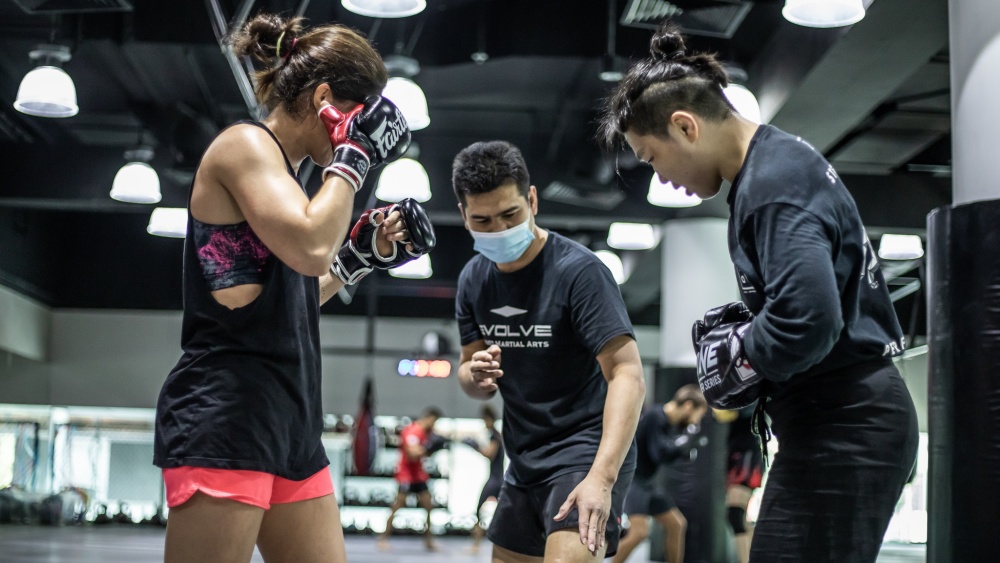
There’s no way for you to watch yourself fight and catch your mistakes without reviewing the tapes. There are instances where it is impossible to get a hold of clear footage. That is when you should tap into the closest available resources.
Your coaches and cornermen have watched your performance intently from beyond the ropes at a unique vantage point that allows them to observe things that you may have missed out on during the heat of battle. An outside perspective is crucial in boxing. Your jabs may be too long, you’re overextending, or even flaring your elbows when trying to block punches. Needless to say, these are things that you can not possibly catch on your own.
Coaches can help you make adjustments to your game, be it in the middle of a fight in between rounds or after a fight is over. They can help you tighten up your techniques and make you a much better fighter.
3) Learn From Your Mistakes
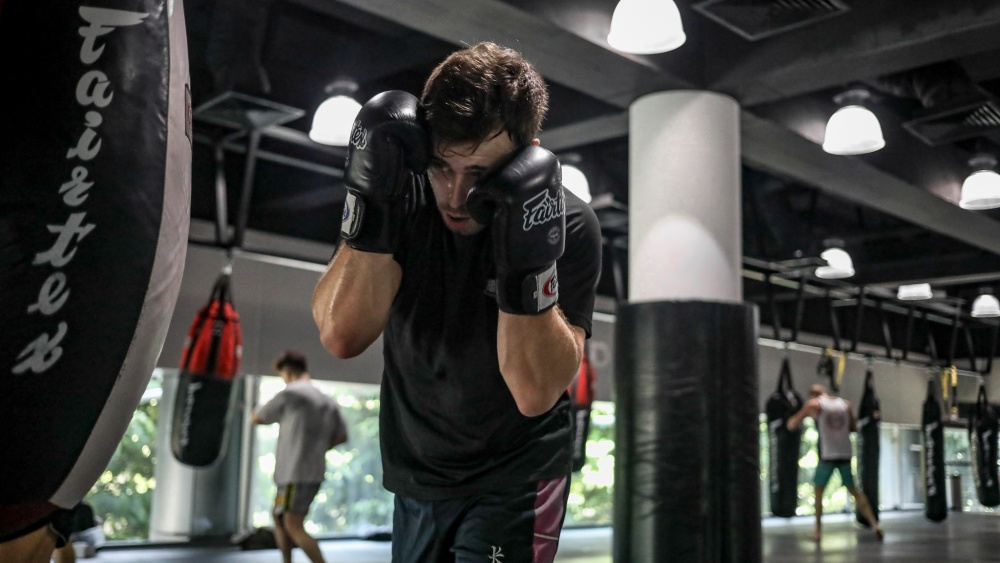
Catching your mistakes is only half of the equation. The second half involves learning from your mistakes and taking action to improve yourself. Gathering feedback on your performance is the first step. Next, you have to plug those holes in your game and strive not to repeat the same mistakes in your next fight. Remember, it’s only truly a loss when you don’t learn from your mistakes.
There is always room for improvement. Even if you didn’t lose a fight, there are still areas for improvement. Whether in victory or defeat, always review your performance and make the necessary adjustments in training. The earlier you learn from your mistakes, the faster you develop your skills as a boxer.
4) Fan The Flames

Last but not least, use these losses as a source of motivation for you to become better. Losing is difficult, admittedly. No one likes losing a fight. It’s not a great experience, but a humbling one. The best fighters in the world use losses and setbacks as catalysts to turn the tide and shift the momentum into a winning mindset. After all, boxing is both physical and mental.
Some fighters don’t handle losses very well, and that just shows a weakness in their mind. If you do experience defeat at some point in your boxing career, it’s important to remember that losing is a learning experience. Yes, it doesn’t feel good to lose. But use the pain of defeat to fan the flames of desire. Instead of dwelling on a loss, you should be raring to get back in the gym, working on your weaknesses.
Final Thoughts
A loss is a loss, it’s a setback, but not the end of your boxing journey. What matters ultimately is how we come back stronger. There are good days and bad days. Similarly, there are also two ways to respond- it’s all over, or let’s try again. Pick up the gloves and try again, because today you fall, but who knows, perhaps tomorrow is your turning point. It’s all in the mind, don’t give up, try again!
You may also like:
